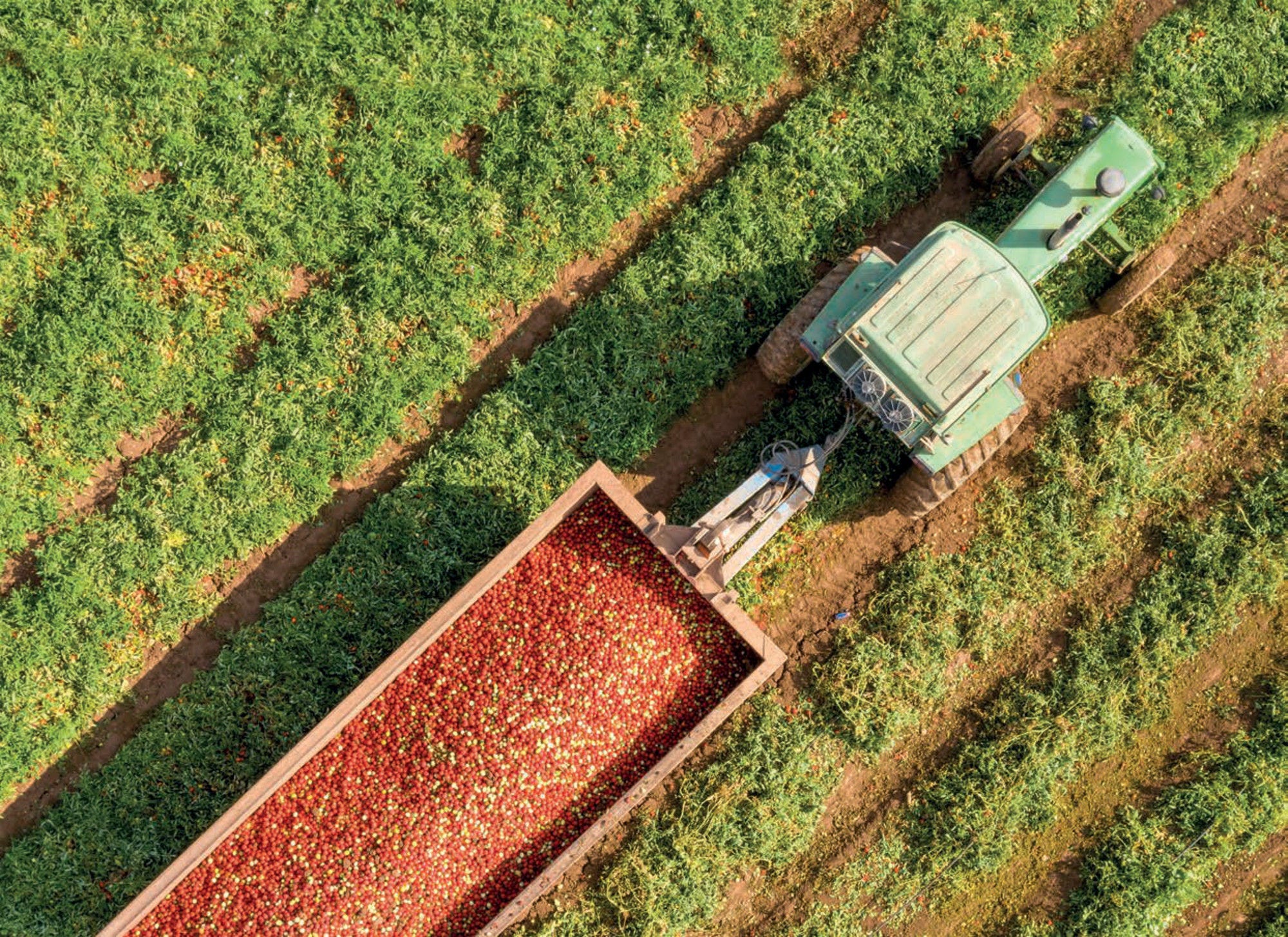The year 2020 was dedicated to the implementation of policies within the framework of the four strategic pillars of the current administration: a) sustainability and water, b) institutional modernisation, c) promotion of farmer associativity, and d) rural development. Nonetheless, due to the COVID-19 pandemic some of the priorities were adapted and while some existing programmes or initiatives were reinforced others were put on hold. For example, public-private co-ordination initiatives were strengthened to guarantee the production and distribution of food across the country.
The Institute for Agricultural Development (INDAP) – an agency promoting smallholders’ agriculture – continued modernising the governance of three of its emblematic programmes: the Local Development Programme (PRODESAL), the Agricultural Programme for the Comprehensive Development of Small Farmers of the Coquimbo Region (PADIS), and the Technical Advice Programme (SAT). New regulations (now more focused on the improvement of smallholders’ wellbeing) were applied for PRODESAL and PADIS during 2020. These regulations involved the creation of national/local agreements with 254 municipalities that implement those programmes. New rules to the SAT programme were also established, which now require business plans for beneficiaries. An investment subsidy and a new credit line were also incorporated into this programme.
During 2020, INDAP and the Ministry of Public Works signed a collaboration agreement to provide potable water for INDAP beneficiaries and seeking synergies between both institutions to promote rural development such as better water management in agricultural activities.
The rural development initiative in the Araucania Region was created in 2020 and aims to develop a modern and sustainable agriculture by focusing on three strategic lines: 1) Rural Development; 2) Foster productive diversification; and 3) Associativity and market. Several programmes were created to strengthen small-scale agriculture under this initiative.
Around 83% of the area of Chile belongs to rural municipalities (263 of the 346), where 25.5% of the national population lives. The Ministry of Agriculture is working to improve the quality of life of the rural population and reduce the gaps with respect to those living in urban territories. For this, the National Rural Development Policy was published in May 2020, which aims to improve access and quality of public services and connectivity in rural areas. This initiative also seeks to guide actions, programmes, and projects of different Ministries by developing a better targeting and avoiding overlapping.
As part of, the national plan “Más Unidos” (“working closely”), that aims to encourage farmers’ associations, the Ministry of Agriculture began during 2020 the development of a strategy for associations within the agricultural, livestock and forestry sectors which will be the reference framework for the next ten years.
During 2020, the animal and plant health agency, the Agriculture and Livestock Service (SAG) promoted the electronic certification in its different modalities, reaching 34 countries, transmitting around 70% of the total phytosanitary certification and with an important development potential for zoo-sanitary certification. This tool has allowed to maintain the commercial flow, speed-up processes, improve communication among all actors and facilitate the exchange of agricultural, livestock and forestry products by eliminating the use of paper in port procedures.
The final draft of the “Sustainability Strategy for the Chilean Agri-food Sector” was submitted during November 2020 to stakeholders (farmers associations, agribusiness associations, academia, NGOs, and public sector). The draft included three general dimensions: 1) environmental dimension (i.e. water, soil, climate change, biodiversity and ecosystem services), 2) social dimension (i.e. relationship with local communities, labour regulations, healthy food and food safety), and 3) economic dimension (i.e. resilience, market development and competitiveness).
In April 2020, the Office of Agricultural Policies and Studies (ODEPA) established a technical board, bringing together experts from SAG and INDAP, to prepare a proposal for updating the emblematic Programme of Incentives for Agro-Environmental Sustainability of Agricultural Soils (SIRDS-S). The idea is to maintain the focus of the programme on recovering the productive potential of degraded soils but in a more sustainable way.
At national level, Chile began to update its climate change adaptation plan for agriculture, within the framework of compliance with the commitment made by the sector in the National Determined Contribution (NDC). The plan has three main objectives: 1) establishment of a governance and co-ordination of sub-national adaptation planning in the agricultural and forestry sector in the sixteen administrative regions of the country; 2) alignment of the country’s general development policy and strategy; and 3) start the territorial implementation of a pilot project on climate change adaptation in the region of Aysén in order to evaluate and potentially scale up to other regions.
ODEPA is co-ordinating new actions of the Ministry of Agriculture on water. In 2020, three tasks were achieved: 1) the starting of the design of an action plan that should provide main guidelines on water resources for the agencies of the Ministry of Agriculture; 2) the creation of a water board for agriculture; and 3) the creation of a technical working group on water resources within the Ministry of Agriculture.







